Eating Well for Mental Health: Nutrients That Matter
A well-balanced diet is not only crucial for physical health but also plays a significant role in mental well-being. The foods we consume can affect our brain structure and function, thereby influencing our mood, energy levels, and overall mental health. This guide explores the connection between diet and mental health, focusing on specific nutrients that support brain health and how to integrate them into daily meals effectively. Understanding these relationships and making informed dietary choices can help enhance mental clarity, emotional balance, and energy levels.
Key Nutrients for Mental Health
Omega-3 Fatty Acids
Omega-3 fatty acids are essential fats that play a vital role in brain health. They are known for their anti-inflammatory properties and their ability to support the membranes around each brain cell. Research has shown that omega-3s can improve mood and restore structural integrity to brain cells that are critical in performing cognitive functions. Foods rich in omega-3s include fatty fish like salmon, mackerel, and sardines. Plant-based sources such as flaxseeds, chia seeds, and walnuts are also excellent options.
B Vitamins
B vitamins, particularly B12, B6, and folate, are critical for mental health as they help produce and regulate neurotransmitters like serotonin and dopamine, which are crucial for mood regulation. Deficiencies in these vitamins can lead to feelings of fatigue, lowered mood, and cognitive impairment. Rich sources of B vitamins include whole grains, meats, eggs, legumes, seeds, and dark leafy greens. For those who do not consume animal products, considering a B12 supplement is advisable since it is primarily found in animal foods.
Vitamin D
Often referred to as the sunshine vitamin, Vitamin D is another critical nutrient for brain health. It is involved in brain growth and the functioning of neural circuits. Low levels of vitamin D have been associated with a higher risk of developing mood disorders, such as depression. While the body can produce Vitamin D through exposure to sunlight, food sources like fatty fish, fortified foods, and egg yolks can help boost your intake.
Magnesium
Magnesium is crucial for brain function and is often referred to as the relaxation mineral. It plays a significant role in nerve function and mood regulation by influencing the release and activity of neurotransmitters. Magnesium can be found in foods like almonds, spinach, cashews, and black beans. Incorporating these foods into your diet can help maintain adequate magnesium levels, which could promote better mental health.
Incorporating Nutrient-Rich Foods into Your Diet
Incorporating these nutrients into your diet doesn’t have to be complicated. Starting with small, manageable changes can lead to sustainable habits over time. Including a serving of fatty fish in your meals a couple of times a week can significantly increase omega-3 intake. Snacking on nuts and seeds instead of processed snacks can boost your intake of magnesium and B vitamins.
Preparing Balanced Meals
When preparing meals, aim for balance and variety to ensure you’re getting a wide range of nutrients that support mental health. Incorporate sources of lean protein, complex carbohydrates, healthy fats, and plenty of fruits and vegetables. This not only covers a broad spectrum of essential nutrients but also helps stabilize blood sugar levels, which can influence your mood and energy throughout the day.
Staying Hydrated
Hydration is also crucial for maintaining cognitive function and mood balance. Dehydration can lead to difficulties in concentration, increased irritability, and a higher tendency for depressive symptoms. Aim for regular water intake throughout the day, and limit high-sugar and caffeinated beverages, which can exacerbate dehydration.
Practical Tips for Dietary Changes
Starting with a food diary can help you monitor your current eating habits and identify areas for improvement. Planning meals ahead of time can also prevent last-minute decisions to opt for less healthy meals. If you find it challenging to incorporate fish into your diet, consider supplements like fish oil for omega-3s or vitamin B12 if you are on a plant-based diet.
Regular monitoring of the effect these dietary changes have on your mental health can provide motivation and insight into what works best for your body and mind. Remember, the effects of dietary changes on mental health can be subtle and occur over time rather than instantaneously.
The relationship between diet and mental health is an essential aspect of overall wellness. By focusing on nutrient-rich foods and balanced meal planning, you can nurture your mental well-being just as you do your physical health. Making informed choices about your diet can lead to significant improvements in your mood, energy levels, and resilience against stress, helping you live a more vibrant life.
Ready to transform your mental health through nutrition? We're committed to helping you discover the power of dietary changes for a healthier mind. Explore our range of nutrition counseling services and tailor-made meal plans designed to boost your mental well-being. Connect with us today to start your journey toward optimal mental health!











